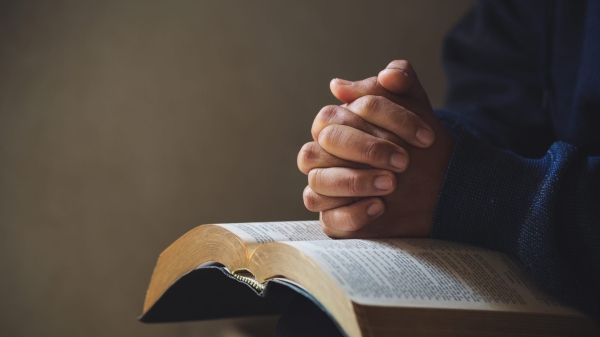|
Getting your Trinity Audio player ready...
|
When the Alabama Supreme Court ruled in February that an embryo created by IVF was a human being, it lit a flame that threatens to become a consuming fire. The ruling on its face appears to be an affront to the secular government created by the framers of the United States Constitution, and it is, but it is also consistent with the Alabama 1901 Constitution as amended in 2018 to enshrine the Sanctity of Unborn Life Amendment.
What we are witnessing now is the logical progression of an infusion of religion into politics and public policy, something the founding generation and subsequent thinkers found extremely dangerous. As Supreme Court Justice Hugo Black wrote in Everson v. Board of Education (1947), “A union of government and religion tends to destroy government and degrade religion.” This is where Alabama, and indeed the nation, finds itself.
Writing in a concurring opinion, Alabama’s Chief Justice Tom Parker wrote: “In summary, the theologically based view of the sanctity of life adopted by the People of Alabama encompasses the following: (1) God made every person in His image; (2) each person therefore has a value that far exceeds the ability of human beings to calculate; and (3) human life cannot be wrongfully destroyed without incurring the wrath of a holy God, who views the destruction of His image as an affront to Himself. Section 36.06 recognizes that this is true of unborn human life no less than it is of all other human life—that even before birth, all human beings bear the image of God, and their lives cannot be destroyed without effacing His glory.”
Parker’s opinion is based on his analysis of the Sanctity of Unborn Life Amendment to Alabama’s Constitution. In 2018, Alabama voters passed Ballot Amendment Two which is now Article 1 Section 36.06 of the state Constitution.
The unanimous opinion of the Alabama Supreme Court eschewed scientific consensus, opting instead for a biblical moralistic stance. Parker’s writing, reminiscent of religious conservatism more befitting a theocracy than a secular judiciary, emphasized that human life, created in God’s image, is invaluable and must be protected from wrongful destruction to avoid divine retribution. This ruling has understandably stirred outrage among those who do not share Parker’s brand of Christian theology.
But according to the Alabama Constitution as amended in 2018, Parker and his fellow justices were not wrong in their ruling. The 2018 amendment to the Alabama Constitution was the tree from which the IVF ruling is the fruit. It states:
“(a) This state acknowledges, declares, and affirms that it is the public policy of this state to recognize and support the sanctity of unborn life and the rights of unborn children, including the right to life.
(b) This state further acknowledges, declares, and affirms that it is the public policy of this state to ensure the protection of the rights of the unborn child in all manners and measures lawful and appropriate.
(c) Nothing in this constitution secures or protects a right to abortion or requires the funding of an abortion.”
Both the IVF ruling and the 2018 amendment are based on a selective interpretation of Christian theology, not universally endorsed and certainly not broadly accepted among other world religions.
After the February ruling, the Alabama Legislature was caught off guard and hastily passed a law to counter the court’s ruling, but there are ambiguities that leave yawning questions.
Nationally, the ruling has amplified fears about the encroachment of religious doctrine into state laws, a scenario that the Founding Fathers explicitly cautioned against. The Southern Baptist Convention’s recent resolution opposing IVF further underscores the rising influence of conservative religious ideologies in reproductive legislation. This resolution, coinciding with the Alabama Supreme Court’s decision, reflects a broader conservative push to restrict reproductive technologies that do not align with their beliefs and demonstrates a further erosion of the separation of church and state.
Justice Felix Frankfurter in McCollum v. Board of Education (1948) wrote, “Separation means separation, not something less. Jefferson’s metaphor in describing the relation between Church and State speaks of a ‘wall of separation,’ not of a fine line easily overstepped.” Today, this separation has in many instances become a fine line as Frankfurter warned.
The Alabama Supreme Court’s ruling on IVF embryos, rooted in religious doctrine, underscores a perilous trend toward theocratic governance that contradicts the nation’s foundational principles of secularism. As this fire continues to spread, the very foundation of our constitutional democracy is at risk. Upholding the separation of church and state is not just a legal necessity but a safeguard for religious freedom and governmental integrity. The road back to secular governance will be arduous, requiring an unwavering commitment to the First Amendment, robust education on civil principles, and stringent enforcement of policies that prevent religious interference in political affairs. Only by reaffirming these principles can we ensure that our government remains a protector of all, not a tool for religious doctrine.



















































